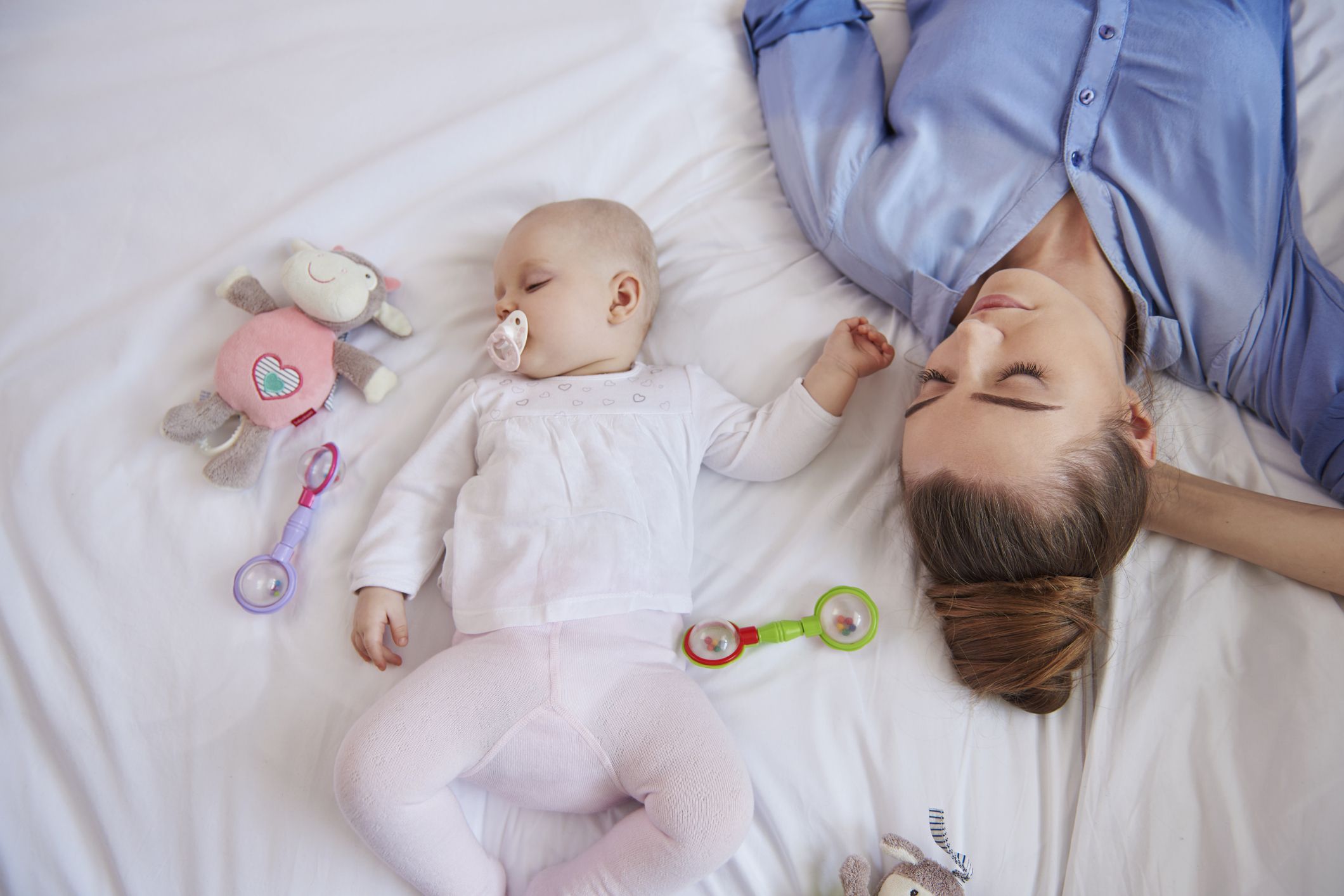Years ago, a mom told me of a time when she was on an important phone call and her three-year-old son kept bugging her. In desperation, she went to the fridge, reached for a jar of jelly, took off the top, and handed it to him. Delighted, he sat gobbling up the entire jar of jelly with his fingers while she finished her call.
Parenting stress is real and we've all been there as parents. However, bribery and concessions are short-term solutions. They send the wrong message to our children, and they can cause more power struggles and difficulties later.
Estimated reading time: 3 minutes
Heartmanity is proud to partner with outstanding companies, services, and products we wholeheartedly recommend. You can read our full disclosure here.
Kids quickly figure out that if they whine or bug you long enough and loud enough, they'll get their way.
When we give in, we have set a behavioral pattern in motion. This is not a recipe for happiness—yours or theirs.
Our Job as Parents Is to Set Loving and Firm Boundaries
As parents, we have a job—actually, a two-part job. Part 1 of our job is to set loving and firm limits. Our kids look to us for appropriate boundaries—and then they test those limits.
I'll let you in on a little secret that may motivate you to be consistently loving and firm: when you set healthy boundaries during your children's developmental years, it pays off big time!
Why?
Because you are modeling healthy limits and simultaneously downloading the skill for them to use! Your boundaries for them convert to a child's internal boundaries for themselves while also translating to being able to set boundaries for their peers or someone treating them disrespectfully.
Pretty important, wouldn't you say!?
Trust me! Your children really aren't trying to drive you crazy.
It is simply part of their job description! When children or teens get frustrated or feel small and overwhelmed by their experiences, they need reassurance that we are strong enough to stand our ground. The testing can be extremely challenging—especially for strong-willed kids! And when kids push the limits, it can be embarrassing, as every parent knows.

 That's where part 2 of our job as parents comes in: enforcing the limits, even when it's inconvenient or difficult.
That's where part 2 of our job as parents comes in: enforcing the limits, even when it's inconvenient or difficult.
That's how our kids know that we're paying attention and that we care. When we hold our ground and respond in loving and firm ways consistently, battles are replaced with friendly interactions and mutual respect. And an even bigger payday awaits us.
By the preteen and teenage years, the consistent limit setting has enabled our kids to internalize countless skills. They know how to self-calm and deal with frustration; they are patient, they respect others' needs, and they have internalized self-control.
And we get to enjoy a healthier relationship with our kids while these skills help them resist negative peer pressure and give them a more robust ability to steer clear of destructive habits.
Related reading: "What Style of Parent Are You? Parenting Styles: What's the Best One?"
The Importance of Self-Care for Parents
Of course, it's not always easy to calmly stick to these limits when children and teens are testing us.
To be able to maintain our equilibrium as parents, it is imperative that we pay attention to our own needs and take care of ourselves first.
There's a reason why airline attendants ask us to put our oxygen masks on first before assisting others. Without oxygen, without caring for ourselves first, we cannot possibly care for our children!
We have to be physically and emotionally prepared in order to function at our best as parents. When we are not at our best, even the smallest challenge from a child or teen can send us over the edge.

What Helps You Be Your Best Self and Do Your Best Parenting?
We wouldn't make an important presentation at work without preparation or enter a marathon without building our endurance.
It is just as important to find practical ways to recharge ourselves regularly. What will help you be at your best?
- Is it a 10-minute walk to regroup?
- A night alone snuggled up by the fire with a good book?
- A daily trip to the gym or a cup of coffee with a friend?
- Or perhaps it's a date night with your spouse.
There are always small ways to care for yourself IF you make it a priority.  I know one mother with SIX children who hadn't played the piano for years. She decided that playing would be a great way to care for herself since it was the one thing that instantly recharged her.
I know one mother with SIX children who hadn't played the piano for years. She decided that playing would be a great way to care for herself since it was the one thing that instantly recharged her.
The next time her kids were frying her emotional circuits, she just sat down at the piano and started playing. She was shocked when ALL of her children sat down quietly and listened with rapt attention.
Bonus: Caring for yourself is excellent modeling for children.
So the next time you say to yourself, "My kids are driving me crazy!" ask yourself: "How well have I been taking care of myself lately?"
If you've been cutting corners or giving up what you need to be at your best, take action to invest in YOU. You will be a better and happier parent—and when your kids test your patience, you'll be able to respond firmly and lovingly.
If you want to find a way from crazy to calm, consider visionary parenting, which guides our actions and responses by our values.

For more positive parenting tips, sign up for our newsletter today for parenting articles. Add some tools to your parenting toolbox today!








